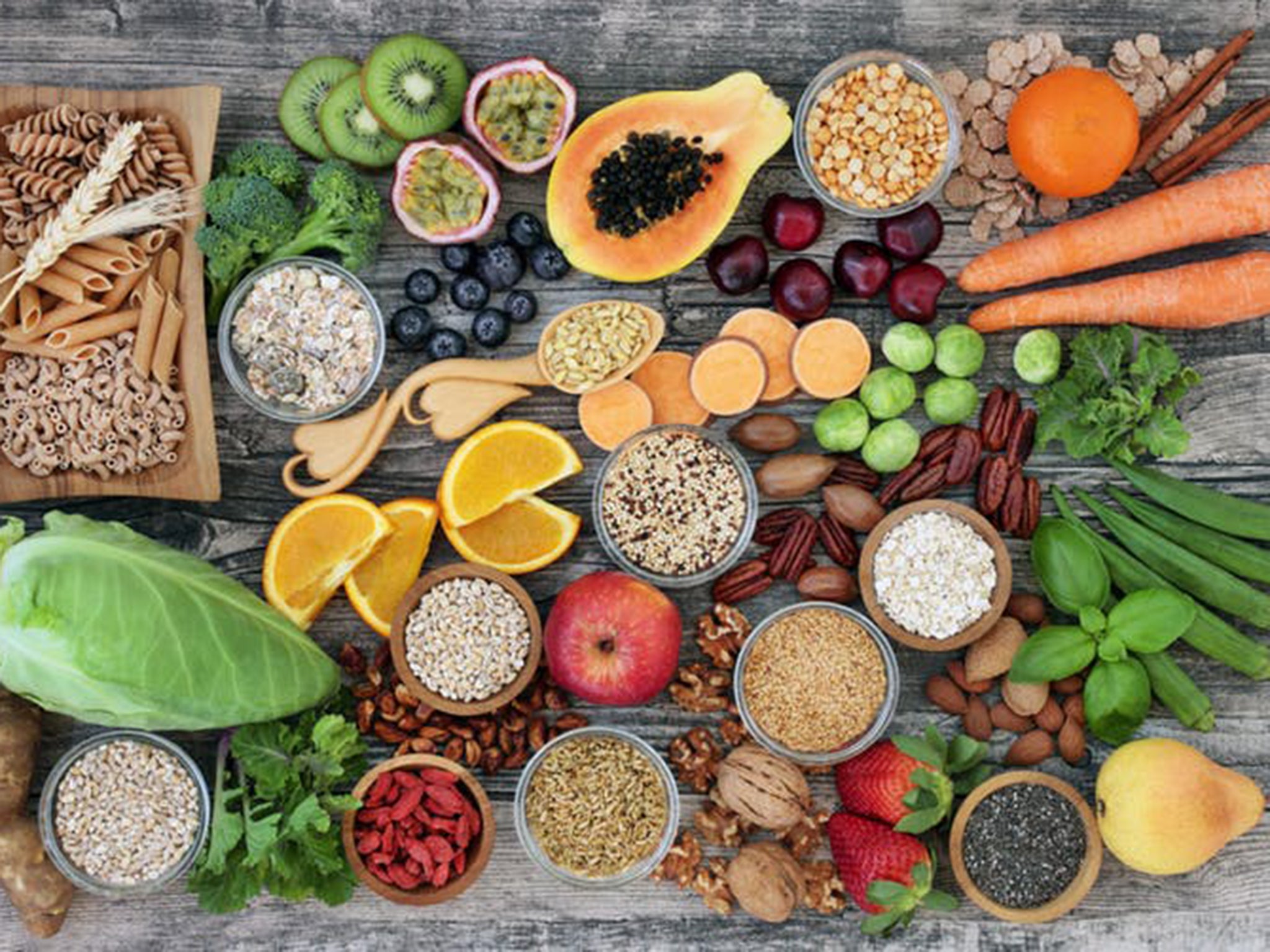Vegan diets ‘risk insufficient intake’ of nutrient critical for brain health
Moving away from diets rich in animal products could have 'unintended consequences' for the consumption of choline

Your support helps us to tell the story
From reproductive rights to climate change to Big Tech, The Independent is on the ground when the story is developing. Whether it's investigating the financials of Elon Musk's pro-Trump PAC or producing our latest documentary, 'The A Word', which shines a light on the American women fighting for reproductive rights, we know how important it is to parse out the facts from the messaging.
At such a critical moment in US history, we need reporters on the ground. Your donation allows us to keep sending journalists to speak to both sides of the story.
The Independent is trusted by Americans across the entire political spectrum. And unlike many other quality news outlets, we choose not to lock Americans out of our reporting and analysis with paywalls. We believe quality journalism should be available to everyone, paid for by those who can afford it.
Your support makes all the difference.The increasing popularity of plant-based and vegan diets risks lowering the intake of a nutrient critical for brain health that is mainly found in animal foods, a nutritionist has said.
Moving away from diets rich in animal products could have "unintended consequences" for the consumption of choline, according to an article in respected medical journal BMJ, entitled: "Could we be overlooking a potential choline crisis in the United Kingdom?"
The essential dietary nutrient is critical for brain health, particularly during foetal development, and also influences liver function.
But the amount produced by the liver is not enough to meet the requirements of the human body and therefore it must be obtained from dietary and supplement sources.
The primary sources of dietary choline are found in beef, eggs, dairy products, fish and chicken.
Smaller amounts can be found in nuts, beans and cruciferous vegetables, such as broccoli.
Dr Emma Derbyshire, of Nutritional Insight, a consultancy specialising in nutrition and biomedical science, said the Government had failed to recommend or monitor levels of the nutrient.
Writing in the online journal BMJ Nutrition, Prevention & Health, she said: "Given the important physiological roles of choline and authorisation of certain health claims, it is questionable why choline has been overlooked for so long in the UK. Choline is presently excluded from UK food composition databases, major dietary surveys, and dietary guidelines."
Dr Derbyshire said more needs to be done to educate healthcare professionals and consumers about the importance of a choline-rich diet.
Supplementation strategies should be considered, particularly during pregnancy, when choline intakes are critical to infant development.
She added: "The mounting evidence of choline's importance makes it essential that it does not continue to be overlooked in the UK. This is now more important than ever given that accelerated food trends towards plant-based diets/ veganism could have further ramifications on choline intake/status."
Press Association
Join our commenting forum
Join thought-provoking conversations, follow other Independent readers and see their replies
Comments